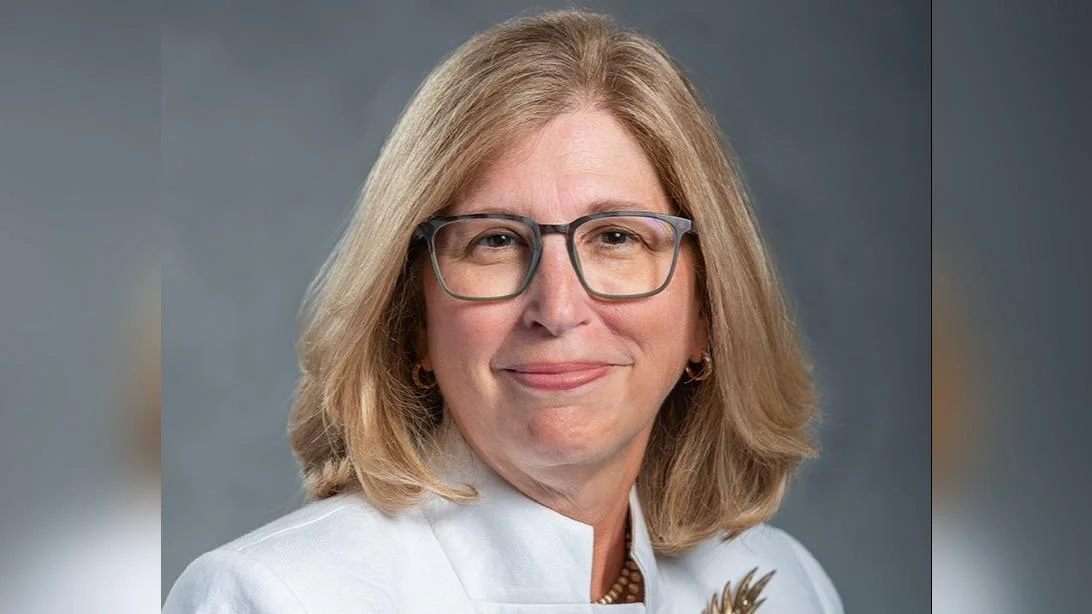Interim President Teresa K. Woodruff, Ph.D. | Michigan State University
Interim President Teresa K. Woodruff, Ph.D. | Michigan State University
The U.S. Agency for International Development (USAID) has faced significant changes under the Trump Administration, with the agency dismantled and oversight transferred to the U.S. Department of State. This shift has led to funding cuts for more than 80% of its contracts and programs. Alongside this restructuring, allegations of waste, fraud, and abuse in U.S. foreign aid have drawn attention, especially concerning the regulation of U.S. charities and their impact on overseas aid recipients.
Michelle Oliel, the deputy director of the Lori E. Talsky Center for Human Rights at Michigan State University's College of Law, has highlighted these concerns. The center has been proactive in addressing issues of fraud, corruption, and human rights violations, supporting accountability in charitable giving. Oliel notes, "While it is important to acknowledge that not all 501(c)(3) organizations engage in fraudulent or harmful practices, we cannot ignore that many of these charities are founded by well-meaning individuals who may lack the necessary expertise and knowledge to tackle the complex issues facing vulnerable communities."
A specific case involved allegations of fraud and sexual abuse at an orphanage in Kenya. According to Oliel, "Despite whistleblowers raising concerns with the relevant state Attorney General, no action was taken against the U.S. nonprofit mentioned previously, and it is unclear if the Internal Revenue Service (IRS) looked into the matter."
The regulation of 501(c)(3) organizations, which grants tax-exempt status to certain nonprofits, is criticized for lacking effective oversight. This regulatory gap has often resulted in ineffective interventions by well-meaning U.S. charities. Oliel argues that addressing these gaps should be a priority.
In terms of charitable activity, Americans remain highly philanthropic, with individual donations comprising the largest share. In 2023, an estimated $557.16 billion was donated to U.S. charities. Despite this generosity, Oliel emphasizes the lack of transparency and accountability in how these donations are utilized. Contributions to tax-exempt entities will cost taxpayers over $62 billion this year alone, and this figure could exceed $1 trillion over a decade, according to the U.S. Treasury.
The issues are not isolated to financial matters. The handling of children in orphanages, supported by American donations, exposes broader human rights concerns. Oliel states, "Efforts to address harm to children in the name of charity and the misuse of donor funds and to hold organizations accountable in U.S. courts have faced significant obstacles."
Reforms are necessary to enhance the oversight and accountability of non-profits operating internationally. This includes reassessing how 501(c)(3)s function worldwide. Oliel insists, "Immediate action is needed to protect children and ensure the integrity in the use of American taxpayers’ money at all levels."
Overall, the discussion raises critical questions about the use of funds and the need for rigorous scrutiny to ensure that charitable activities align with ethical and effective aid practices.






 Alerts Sign-up
Alerts Sign-up